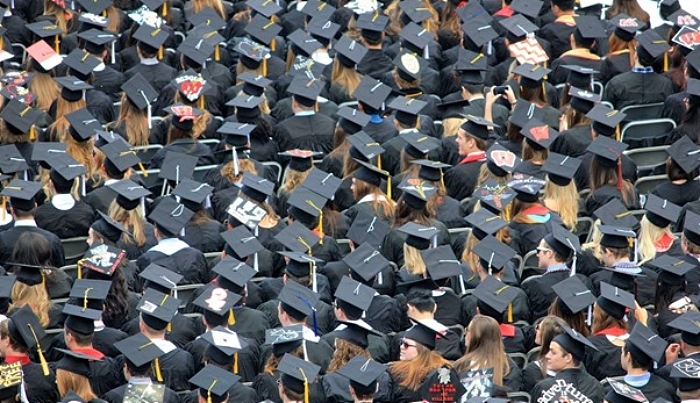
The sad truth is that even now, not everyone has equal rights in education.
Often, ethnic minority students are discriminated against in educational opportunities.
Yes, we thought that those days are behind us, but the facts say otherwise.
Here, we will discuss what these inequalities of opportunities are, why they arise, and give some examples.
This issue frequently becomes the subject of discussions, scientific and student works.
The debate claims that equal learning opportunity now exists.
Academic success is measured only by the test ranks of minority and white students.
From this, they conclude that the low level of accomplishment of minority students is due to their culture, genes, lack of will, or applied effort.
Many free essay examples would say that minority students struggle with academic accomplishment due to unequal access to education.
This could be the lack of a quality program in their school or the lack of competent teachers.
This is not a race issue. Also, free samples of topics and essays about minority point out that the problem lies in the US education system.
Funding of schools is uneven and decentralized.
However, if a student does not achieve high results, it is customary to assume that it is his fault. We have to address these inequalities in education.
Racial discrimination in education: examples
There are many cases when a pedagogue treated students with prejudice, and demanded a particular child not be admitted to his lessons because of personal animosity.
If a student had problems learning the material, instead of helping, the teacher also demanded to exclude him or her from the class. Yes, unfortunately, such cases do happen.
A 2015 report from the University of Pennsylvania found that in thirteen southern states, 55% of all student suspensions were for black students.
Another example is the increase in tuition fees. Minorities are less likely to take out loans for university, so their chances of getting a higher education decrease.
Some colleges are trying to address this issue. They are offering assistance to students of colour.
This is, of course, positive progress, but the percentage of students who get into such programs is small, so there is no big change in society.
Factors that contribute to unequal education
These factors can be both social and economic.
Let’s take a closer look at what they are.
If other things being equal, students have better academic success in case of:
● studying in tinier schools where they are well known
● receiving a complex educational curriculum
● having more highly qualified pedagogues
● getting lower-quality equipment, like laptops, labs, or books
● having smaller classes
Minority children are less likely to have such learning opportunities.
In schools where national minorities mainly live, classes are much larger, the total number of students can get up to 3,000. The curriculum and qualifications of pedagogues are at a lower level.
Teacher degree are also crucial. Studies show that schools of minorities have lower performance because of lower teacher training.
If we add to this the significantly larger class size, we have a not very good situation.
The main difference between low- and high-performing schools is the degree of teachers and class sizes. It’s not in wealth, race, or education of parents.
We need to develop more skills-based education and equal opportunities for everyone, regardless of family income.
The European system has made significant progress in this regard. Not all professions require higher education, some require narrow specialized skills.
Countries, where students can acquire these skills while still in school or on the job, have lower youth unemployment rates.
Conclusion
The problem of racial discrimination in education and unequal opportunities for minorities is deep and long-standing.
Although there have been positive changes in recent years, especially after the Black Lives Matter movement, the question still remains relevant.
Until we begin to pay enough attention to this issue and make concrete changes in society, nothing will change.
Only we can decide what the world will be like for our descendants: a world of equal opportunities for all, or discrimination of one race over another.
(image licence free by Unsplash https://unsplash.com/photos/YZsvNs2GCPU)


















Why are you referring to a report from 7 years ago, and one that was from the USA.
So much has changed, and continues to improve to help equality. So would be helpful if your article can provide facts from more recent times instead of outdated facts and figures.